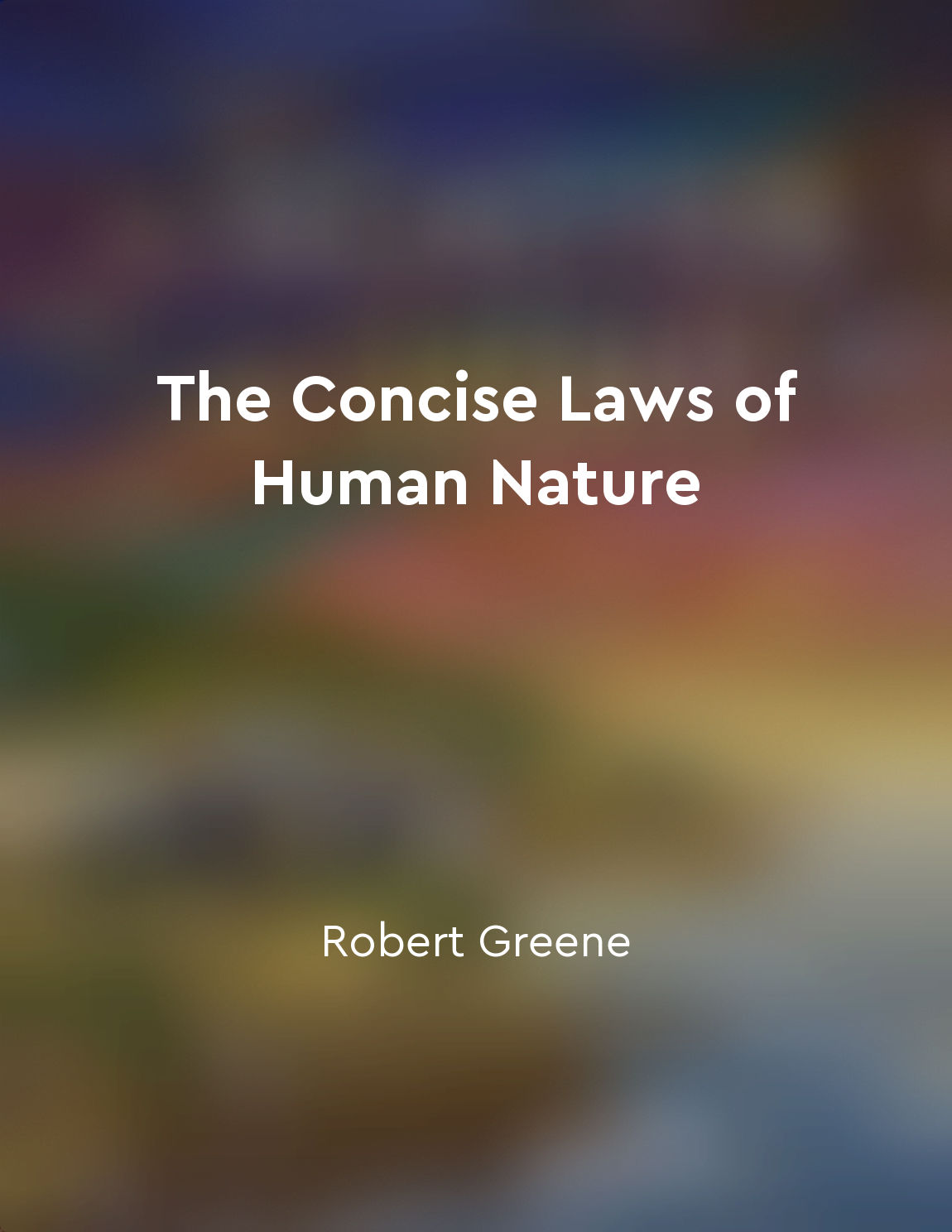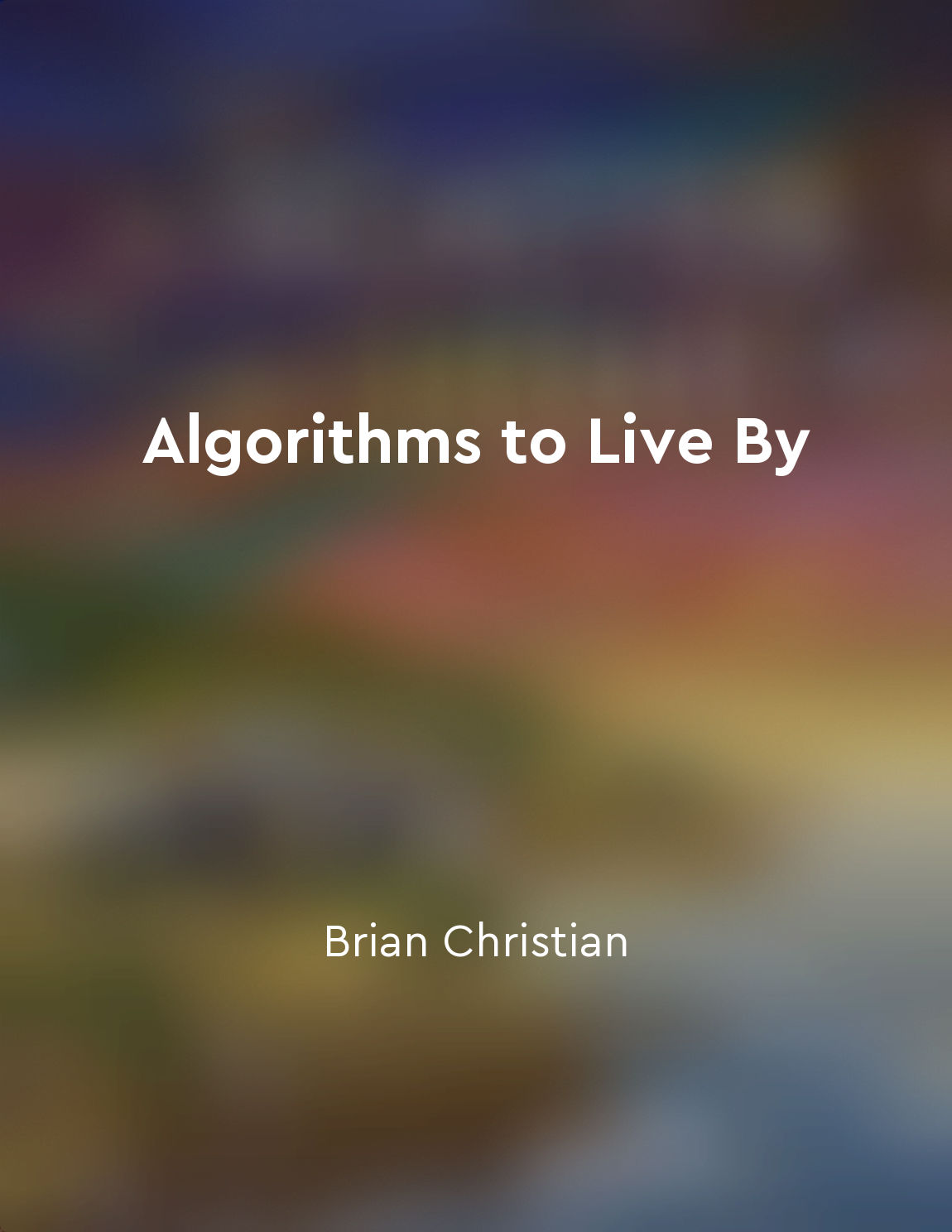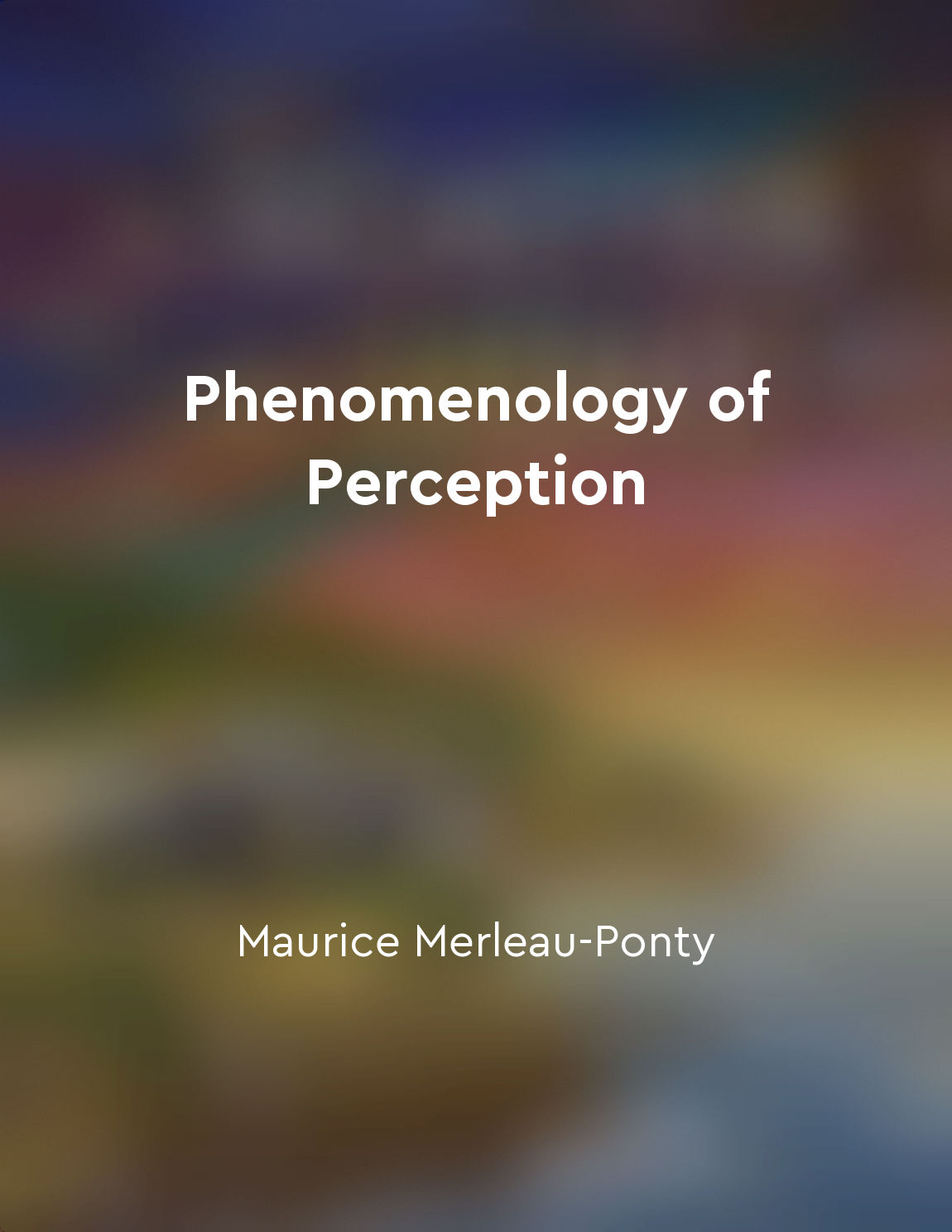Our brains are wired to seek patterns from "summary" of Your Brain Is Playing Tricks on You by Albert Moukheiber
Our brains, amazing as they are, have a fascinating tendency to look for patterns in the world around us. This pattern-seeking behavior is deeply ingrained in our neurological makeup, influencing how we perceive and make sense of the information we encounter on a daily basis. From recognizing faces in random shapes to finding meaning in seemingly chaotic events, our brains are constantly working to identify and interpret patterns in our environment. This innate drive to seek patterns can be traced back to our evolutionary history, where the ability to recognize patterns was crucial for survival. By detecting regularities in our surroundings, our ancestors could predict potential threats, identify sources of food, and make important decisions that directly impacted their chances of survival. As a result, this tendency to seek patterns became hardwired into our brains over time, shaping the way we process information and perceive the world. In modern times, this pattern-seeking behavior manifests in various ways, influencing our beliefs, behaviors, and decision-making processes. Whether we are trying to make sense of complex data, interpreting social cues, or navigating uncertain situations, our brains automatically search for patterns to help us navigate the complexities of the world around us. This can lead to cognitive biases, such as seeing connections where none exist or attributing meaning to random events, as our brains strive to create order out of chaos.- It can also lead us astray, causing us to see patterns where there are none or overlooking important information that does not fit our preconceived notions. By understanding the role of pattern-seeking in our cognitive processes, we can become more aware of how our brains influence our perceptions and decision-making, allowing us to think more critically and objectively in our daily lives. Ultimately, recognizing the power of patterns in shaping our thoughts and behaviors can help us navigate the complexities of the world with more clarity and insight.
Similar Posts
Critical thinking skills can be honed over time
In the world of cognitive science, the idea that critical thinking skills can be sharpened through practice is a fundamental pr...
Technology alters human societies
Technology alters human societies by transforming the way people interact with each other, organize themselves, and perceive th...
Emphasize evidencebased reasoning
In any discussion or argument, it is crucial to rely on evidence-based reasoning to support your claims and conclusions. Eviden...

Resilience in the face of adversity is a key trait of successful individuals
In the realm of human nature, one cannot ignore the significance of resilience when faced with adversity. It is a defining trai...
Christopher embarks on a journey to uncover the truth
Christopher, a fifteen-year-old boy with a unique way of viewing the world, finds himself in the midst of a mystery surrounding...

The "prisoner's dilemma" teaches us about the importance of cooperation in decisionmaking
The prisoner's dilemma is a classic example in game theory that illustrates the benefits of cooperation in decision-making. In ...
Awareness is the first step to changing habits
To change a habit, you need to start by being aware of it. This might sound obvious, but it's a crucial first step that many pe...

The body has its own intelligence and agency
The body is not just an object that we have, but it is also a subject that actively engages with the world. It possesses its ow...
Understand the principles of clear thinking
To truly master the art of clear thinking, one must first understand the essential principles that underlie this skill. Clear t...

Empathy fosters connections
Empathy is a powerful tool that can help us build strong connections with others. When we take the time to truly understand ano...


